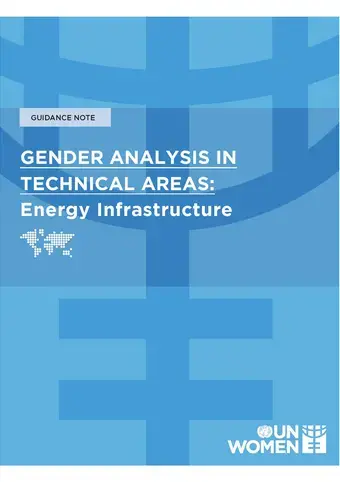SDG 7 – Affordable and clean energy
Universal clean cooking would improve health, protect the climate and generate a 24-fold investment return.
Energy access is critical to gender equality. Yet women and girls still bear the brunt of electricity deficits. Limited access disrupts their ability to study, pursue paid work and participate fully in daily life, contributing to higher poverty rates and economic exclusion. Conversely, improved access enhances well-being on multiple fronts, including through education, with the most significant impact on tertiary schooling. In India, a 1 hour increase in community electricity per day in rural areas leads to declines in gender-based violence and a 0.6 percentage-point increase in contraceptive use. In Brazil, access to electricity for employed rural women correlates with a 59 per cent higher income. A recent study of 34 countries in sub-Saharan Africa found benefits for female school enrolment and life expectancy. Despite such potential gains, women remain an undertapped force in the energy sector, as consumers as well as entrepreneurs, skilled workers and decision makers. They account for just 32 per cent of those employed in renewable energy and 5 per cent of utility board members.
$8 Billion annual investment
needed for universal access to clean cooking fuels and technologies by 2030 would generate $192.3 billion in revenue by 2030.
Clean cooking is another powerful driver of progress. It could transform the status and health of women and girls, particularly by limiting exposure to indoor air pollution. 3 million people – majority women and girls – are killed every year as a result of the use of traditional fuels and stoves for cooking. Yet despite some recent increases in funding, global financing meets only 30 per cent of need, on average, with even lower levels in parts of sub-Saharan Africa. Achieving universal access to clean cooking fuels and technologies by 2030 requires an annual $8 billion investment. This would simultaneously cut annual health costs, increase productivity due to time savings and cut emissions, generating $192.3 billion by 2030 – 24 times the initial investment.




